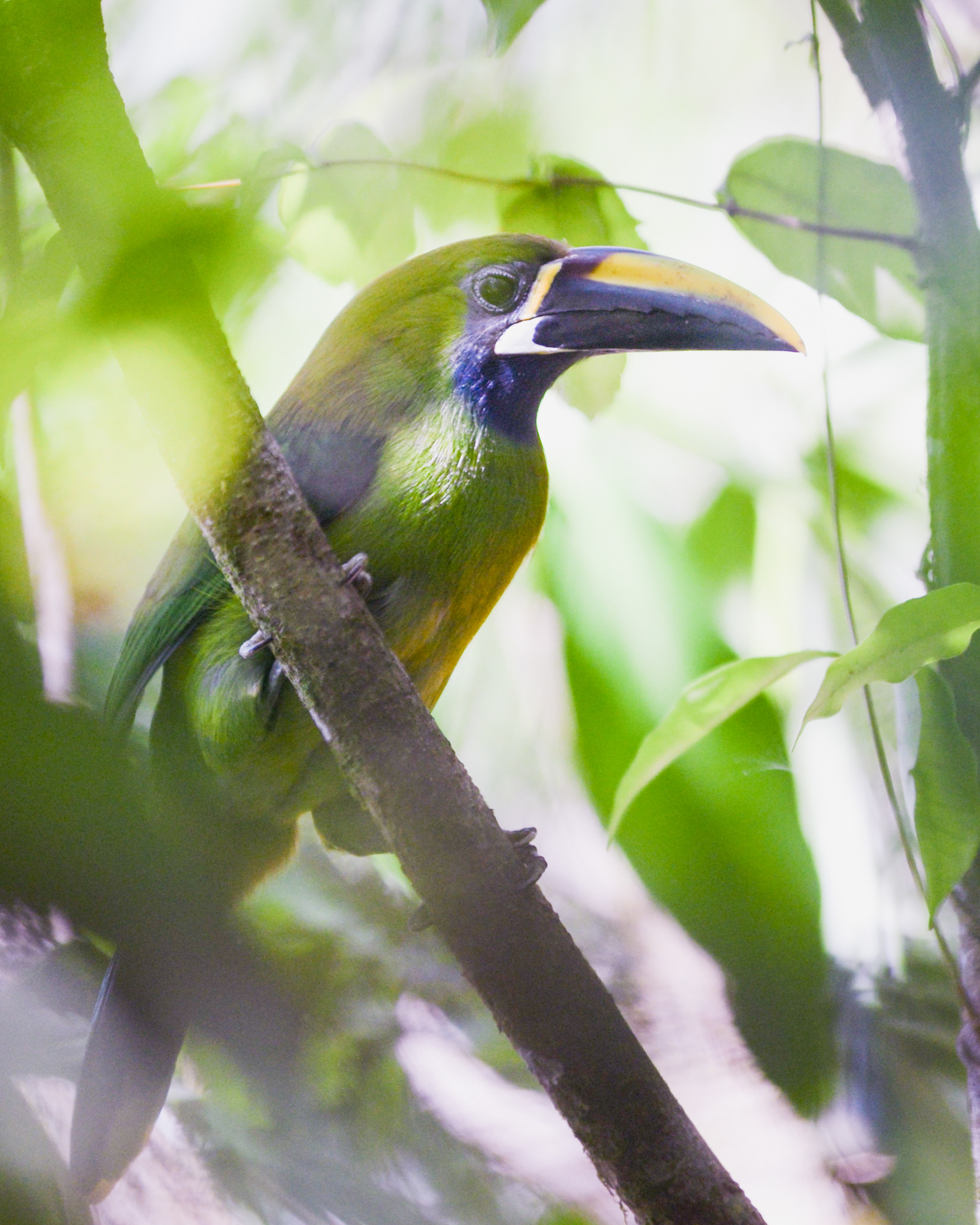Wildlife-Friendly Farming and Crop Resilience in Southern Costa Rica

Agricultural expansion and urban development over the last 100 years has led to substantial fragmentation in the Talamanca-Osa region of southern Costa Rica, threatening the region’s outstanding biodiversity. Increasing regional connectivity is vital to ensure local species’ long-term viability, particularly for wide-ranging and forest-dependent species like the jaguar (Panthera onca). Wildlife-friendly farming practices, such as integrating shade trees or reducing inputs into soil, can help improve connectivity on managed landscapes, but transitioning practices can be costly to farmers. The region is in need of a holistic approach to improve agricultural sustainability that supports both the environment and the community for the long term. In theory, eco-certifications can enable price premiums and increase market access which can lower the financial barriers to adopting on-farm conservation practices. Further, long-term planning will require an understanding of the projected impacts of climate change. Climate change stands to strongly affect regional farming, driving shifts in crop suitability ranges that may necessitate crop switches or farm expansion. Here, we work with a local nonprofit, Osa Conservation, to inform planning for sustainable agriculture in the Talamanca-Osa region of southern Costa Rica. We employed spatial analyses and reviewed scientific literature to evaluate 1) the key barriers and impacts of wildlife-friendly farming on jaguar connectivity, 2) the environmental and socio-economic impacts of five regionally available eco-certifications, and 3) how suitability for three crops will shift under climate change. Ultimately, our results will contribute to Osa Conservation’s work to conserve Costa Rica’s outstanding biodiversity while enhancing the community’s economic opportunities.
Acknowledgements
Bren School: Frank Davis, Professor; Ashley Larsen, Assistant Professor
Osa Conservation: Hilary Brumberg, Manager of Research, Academics & Restoration Technology; Rodrigo de Sousa, Network Implementation Manager
DiPaola Foundation